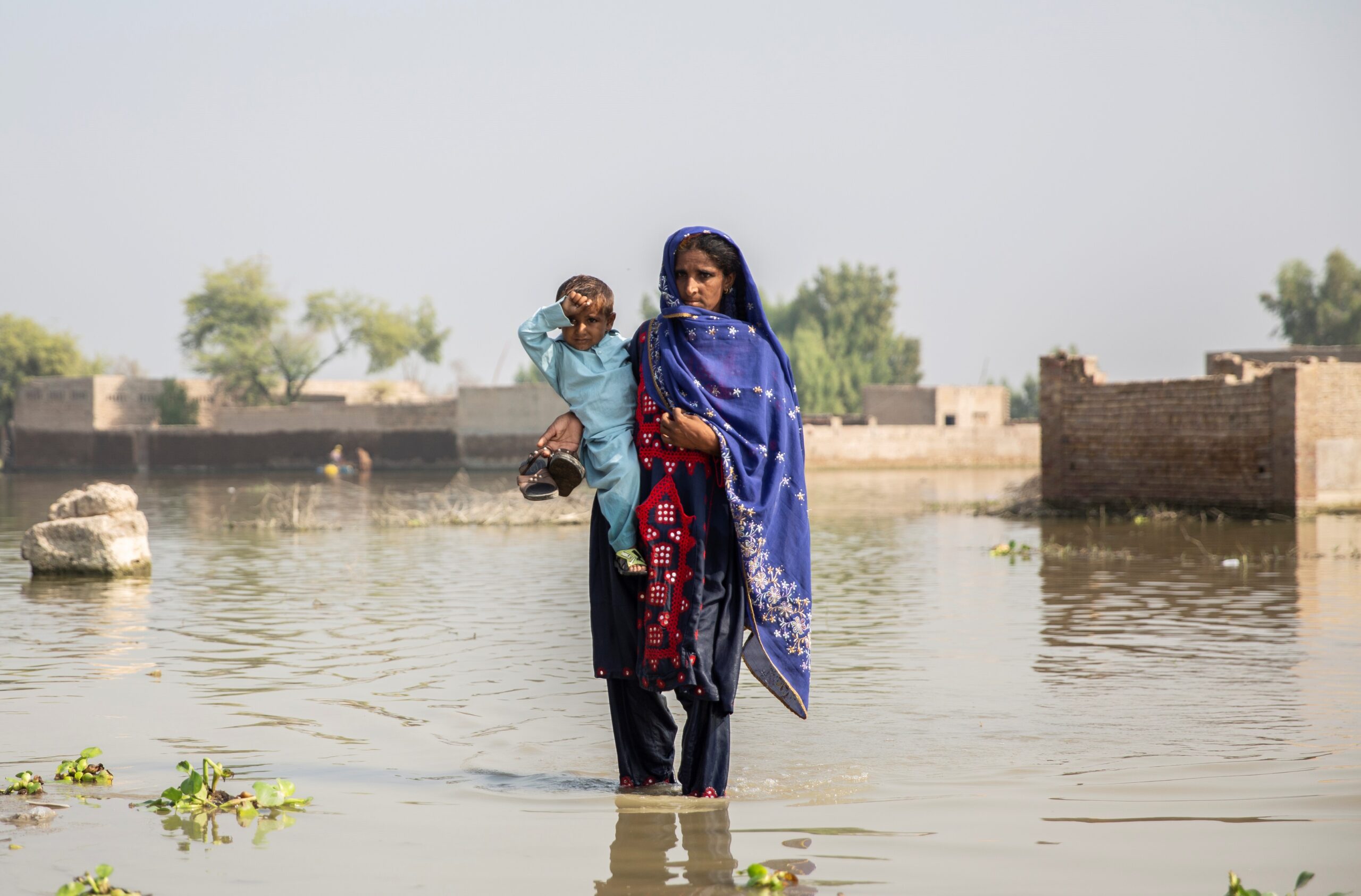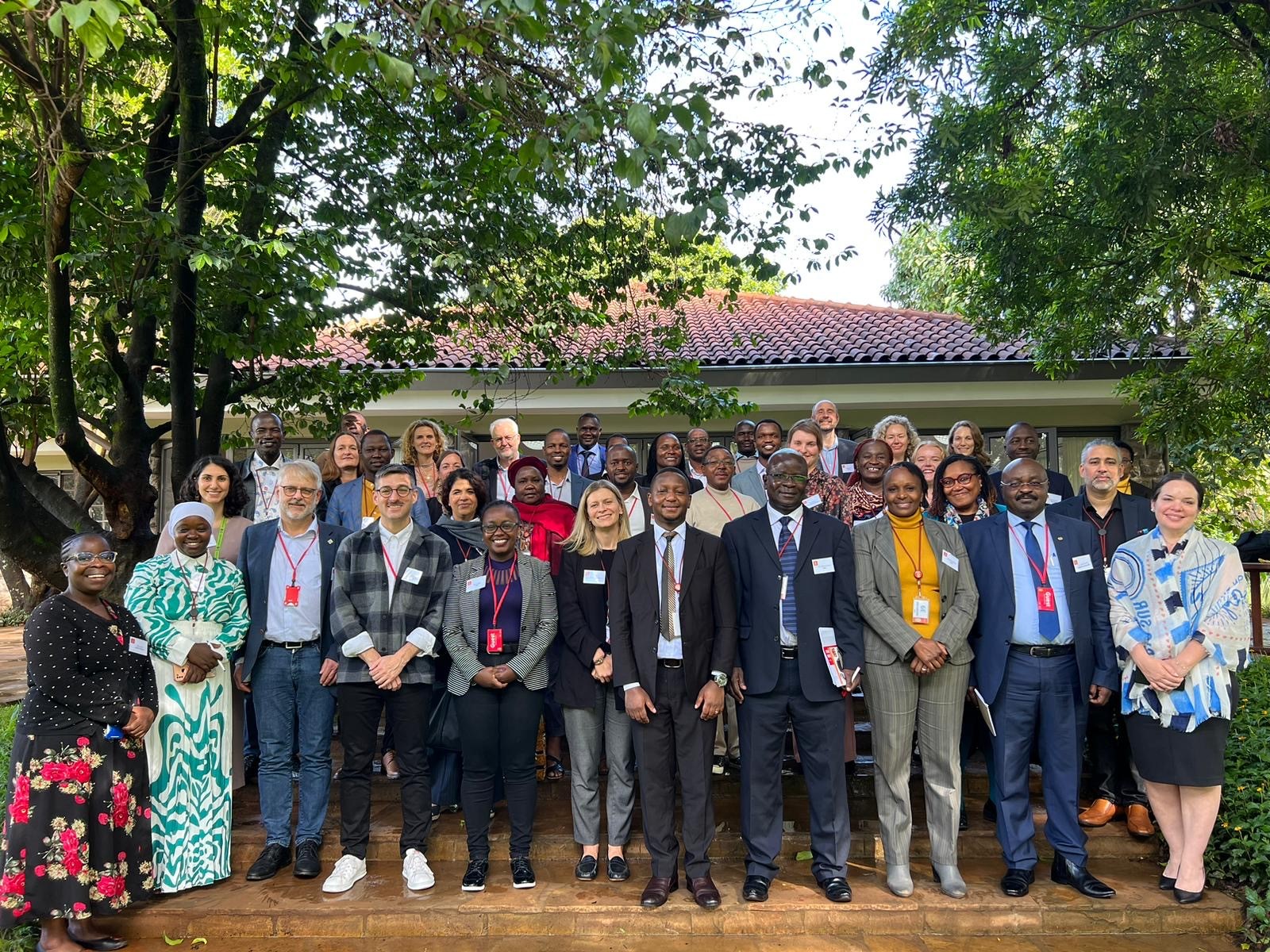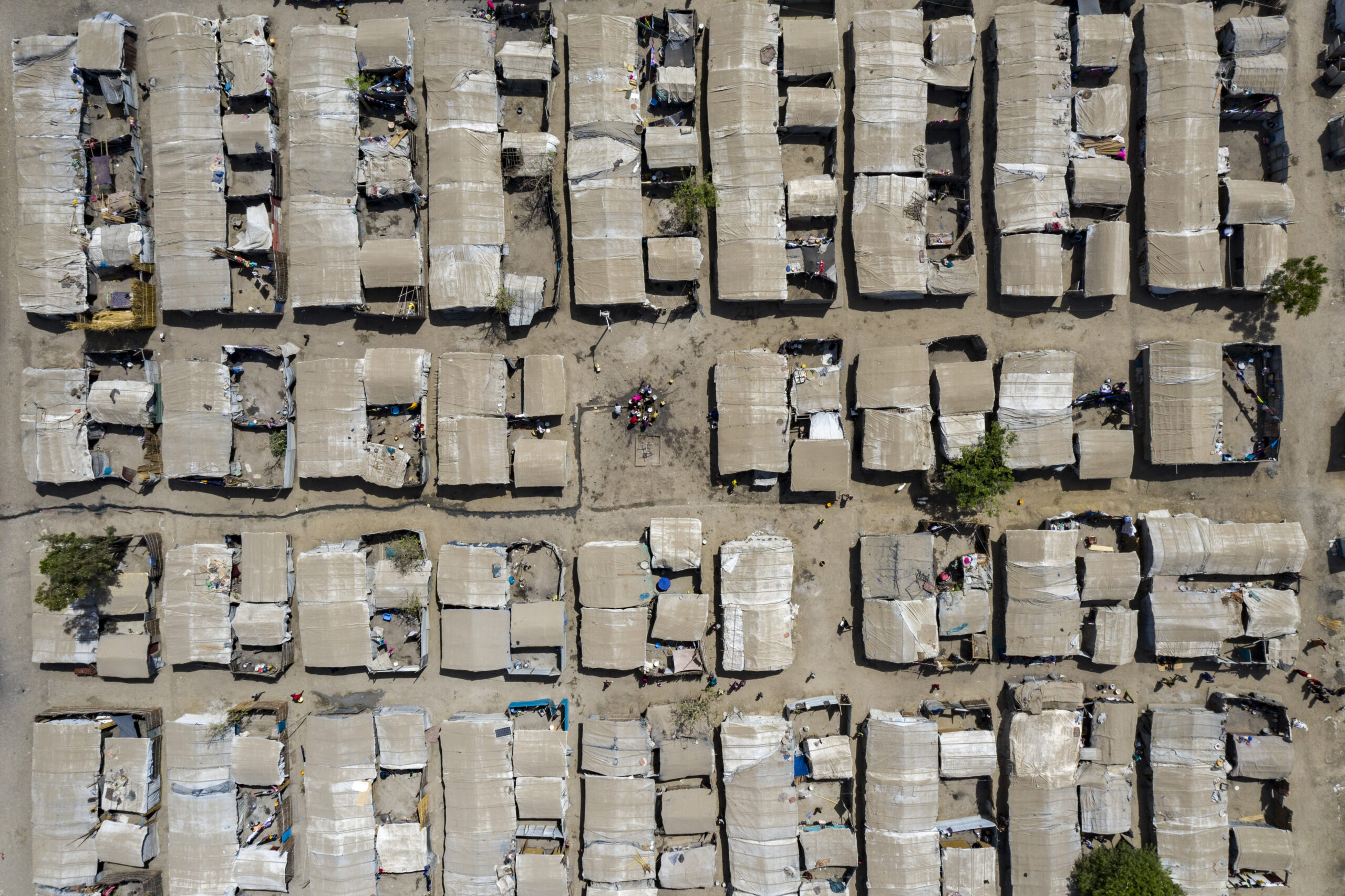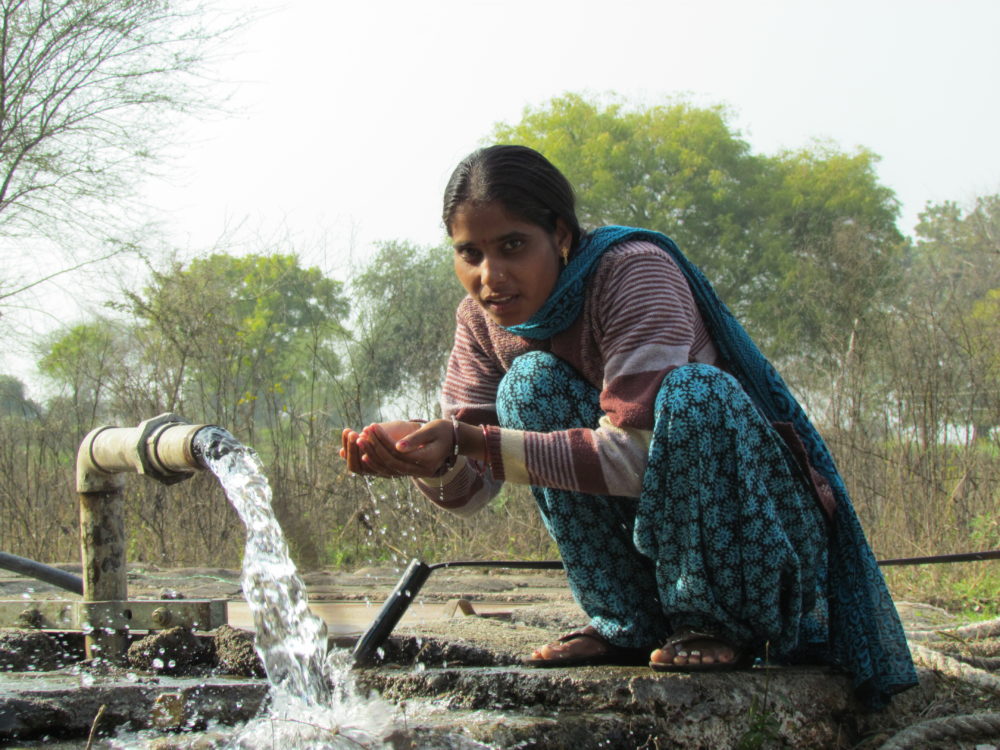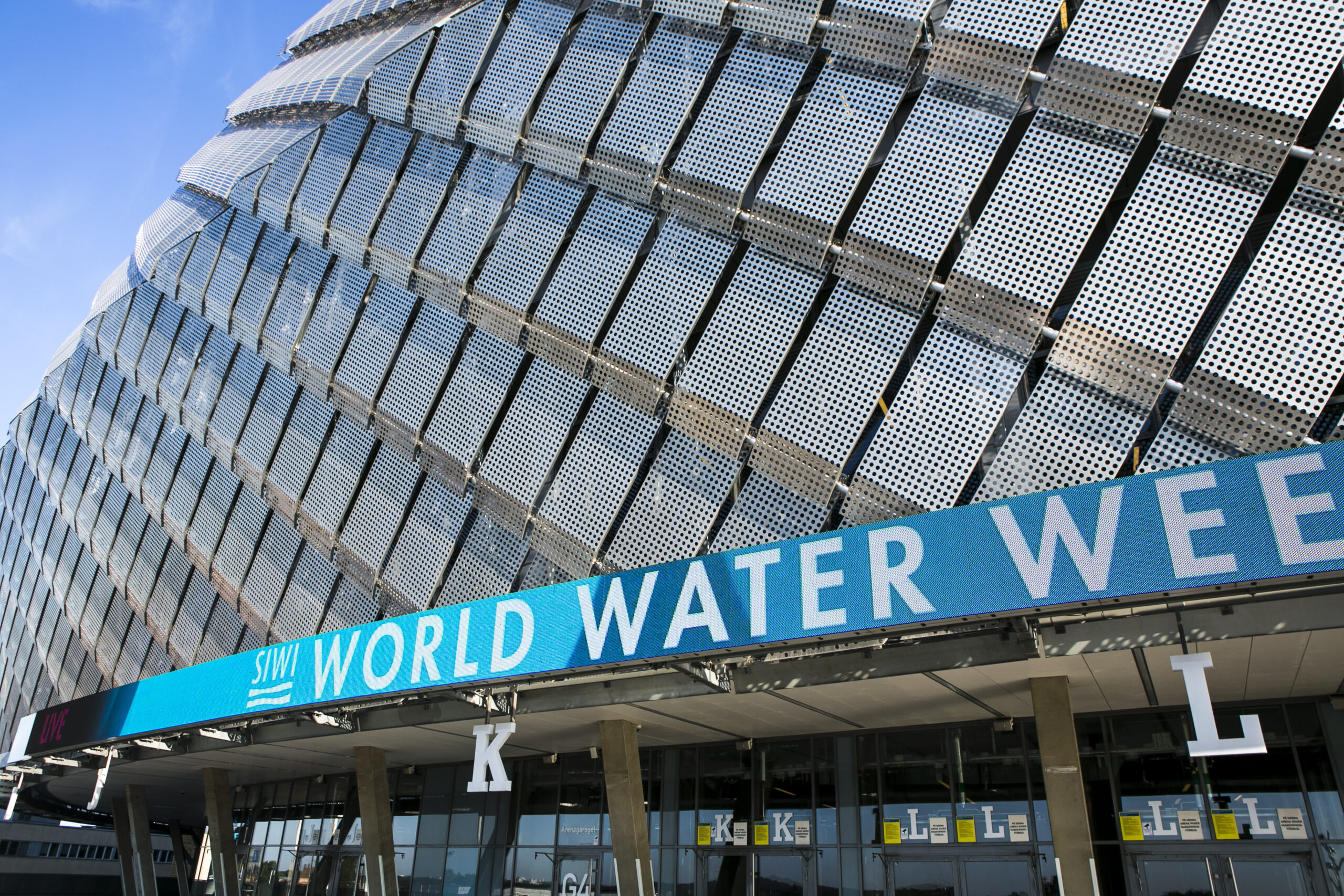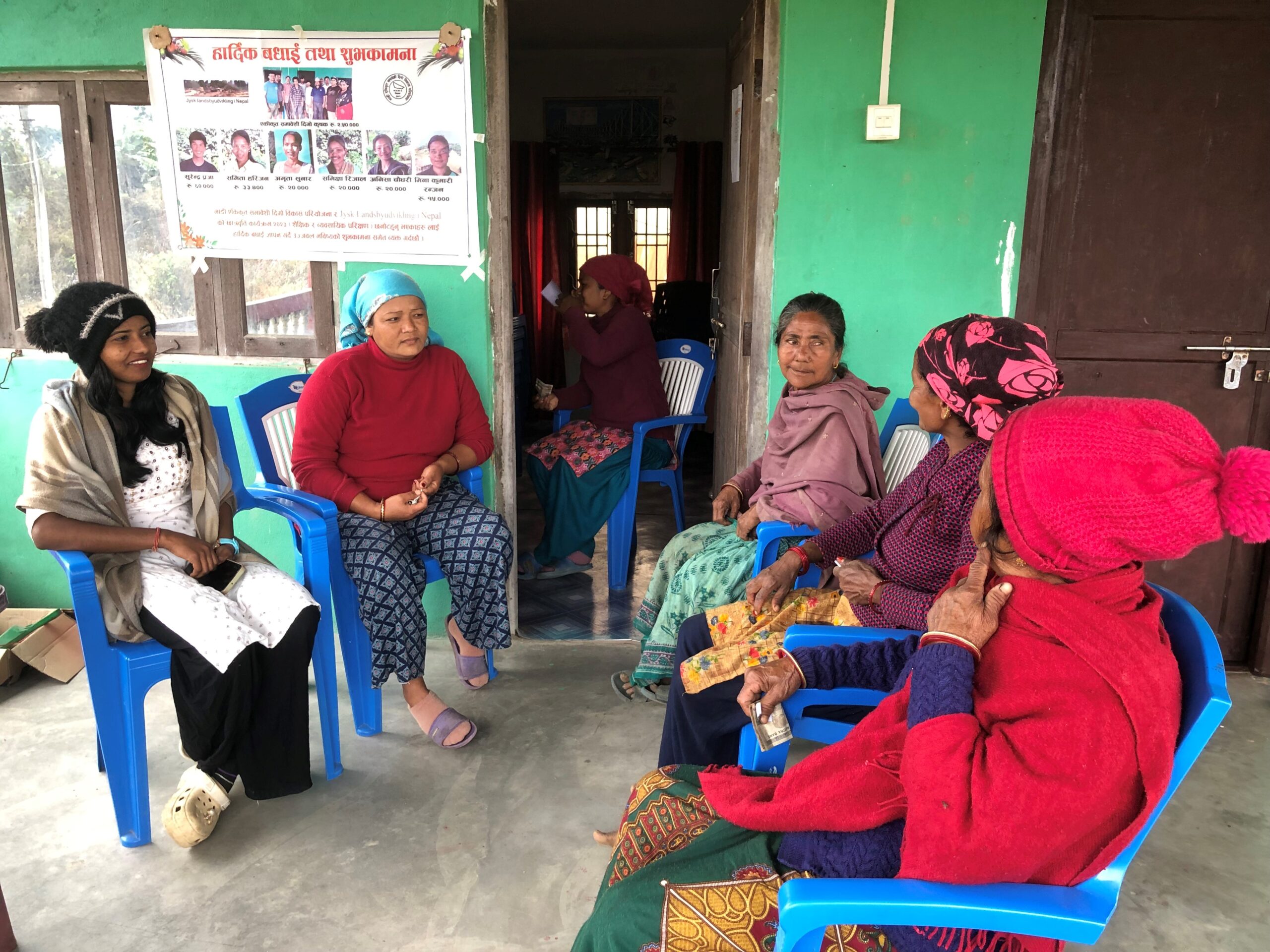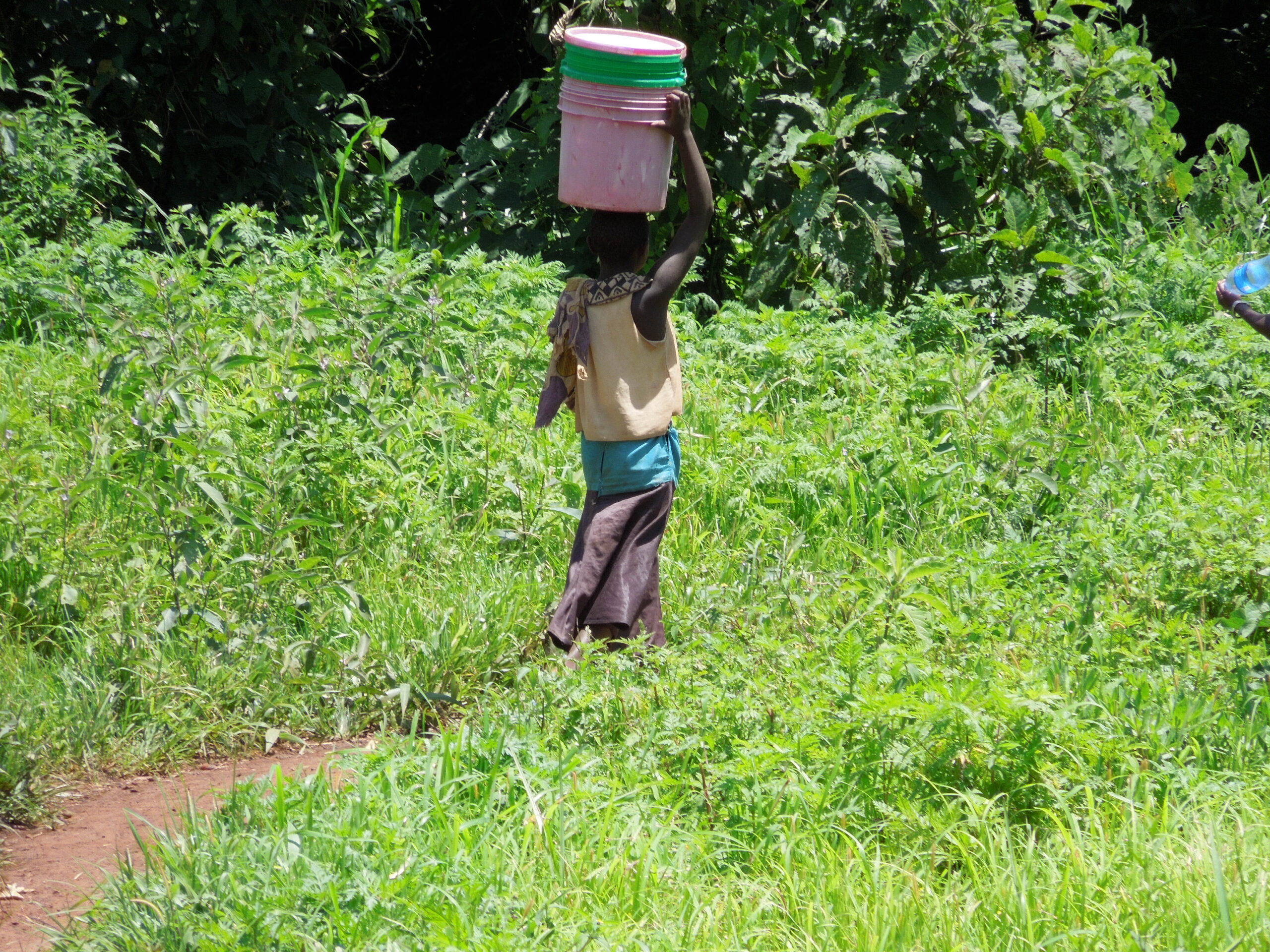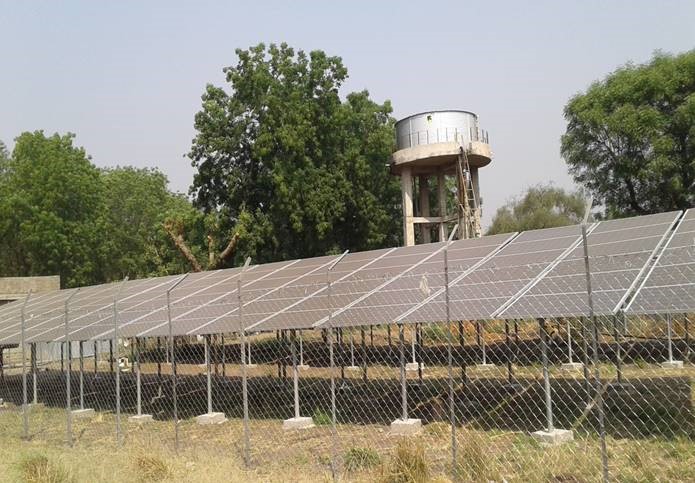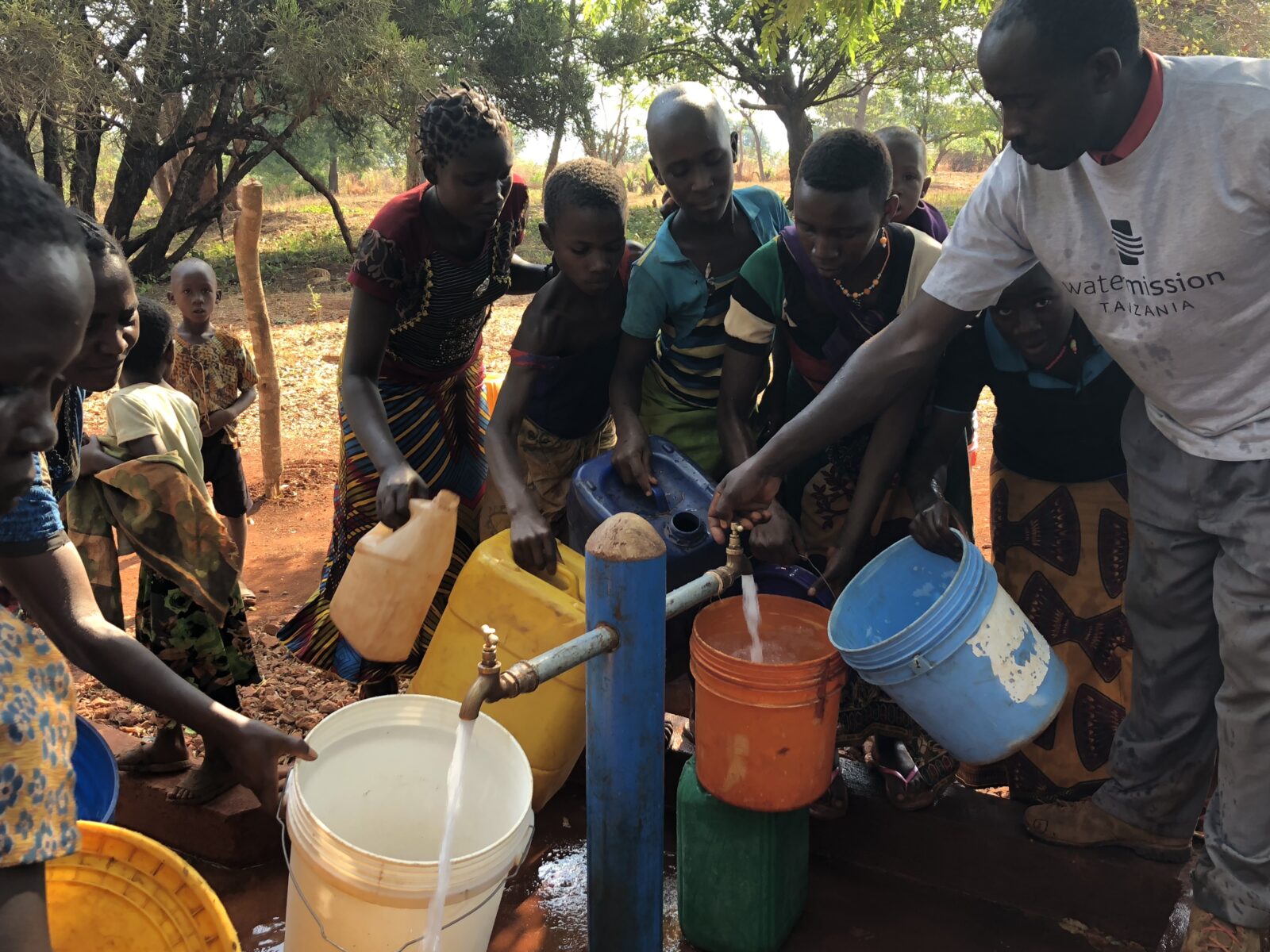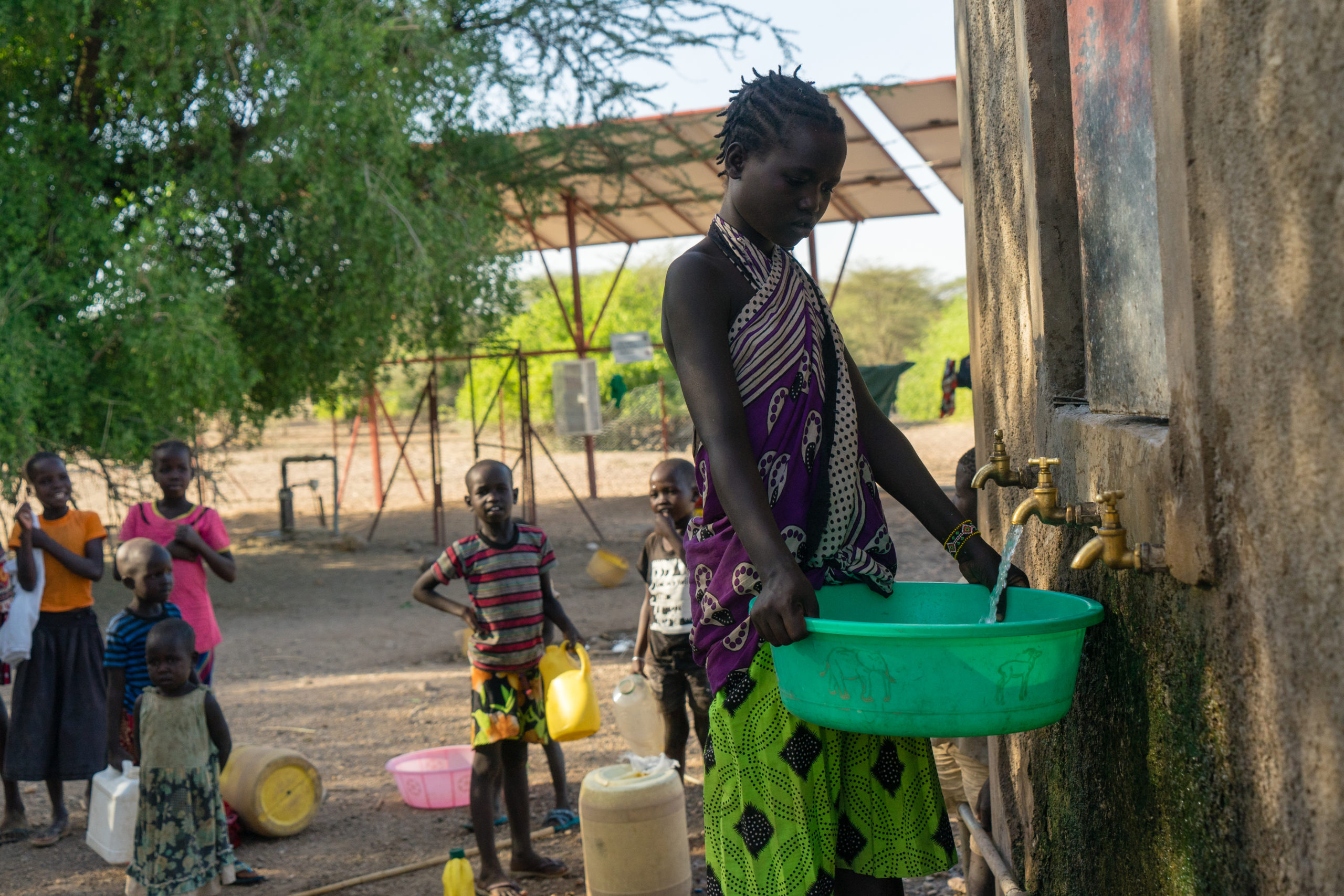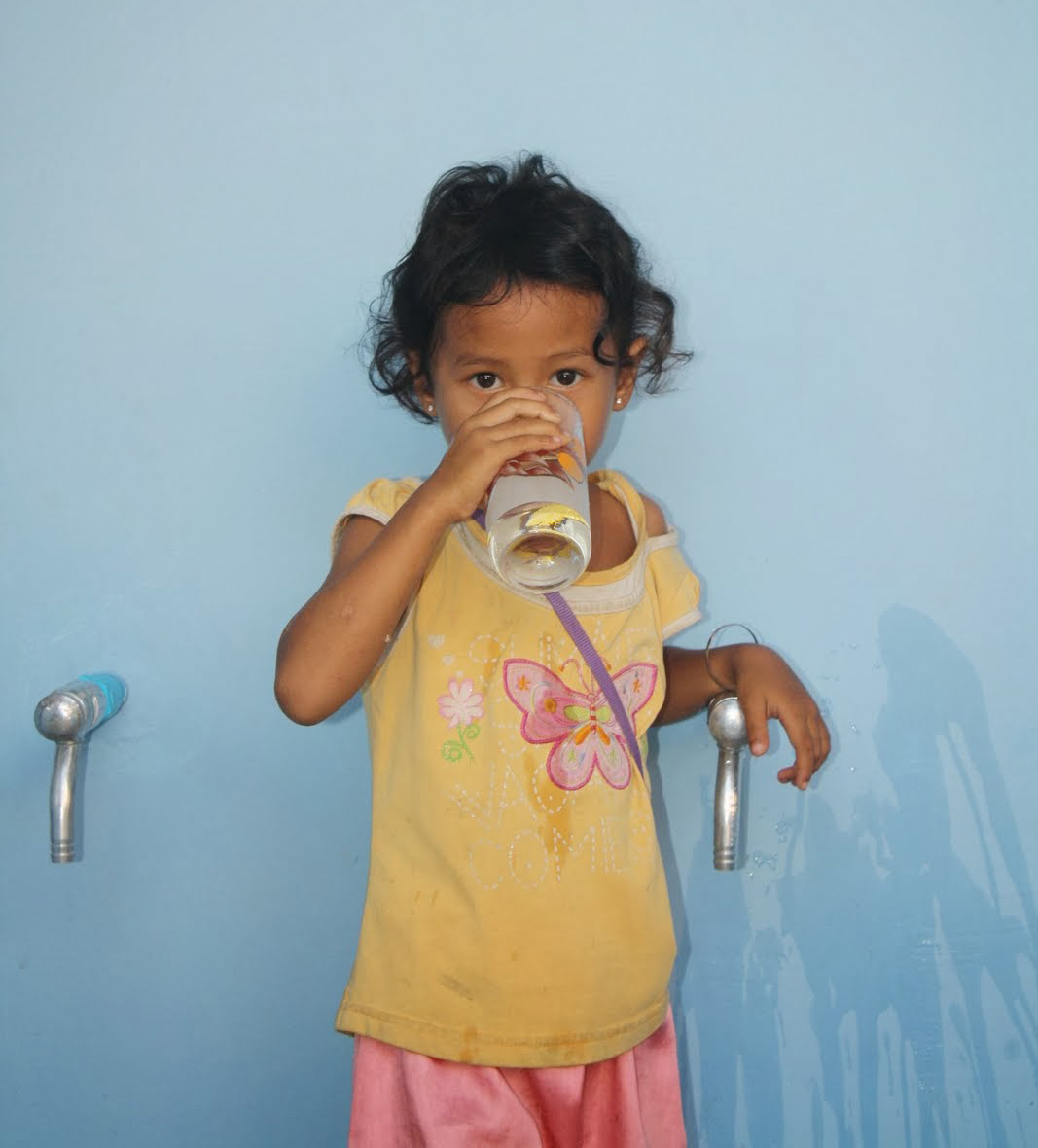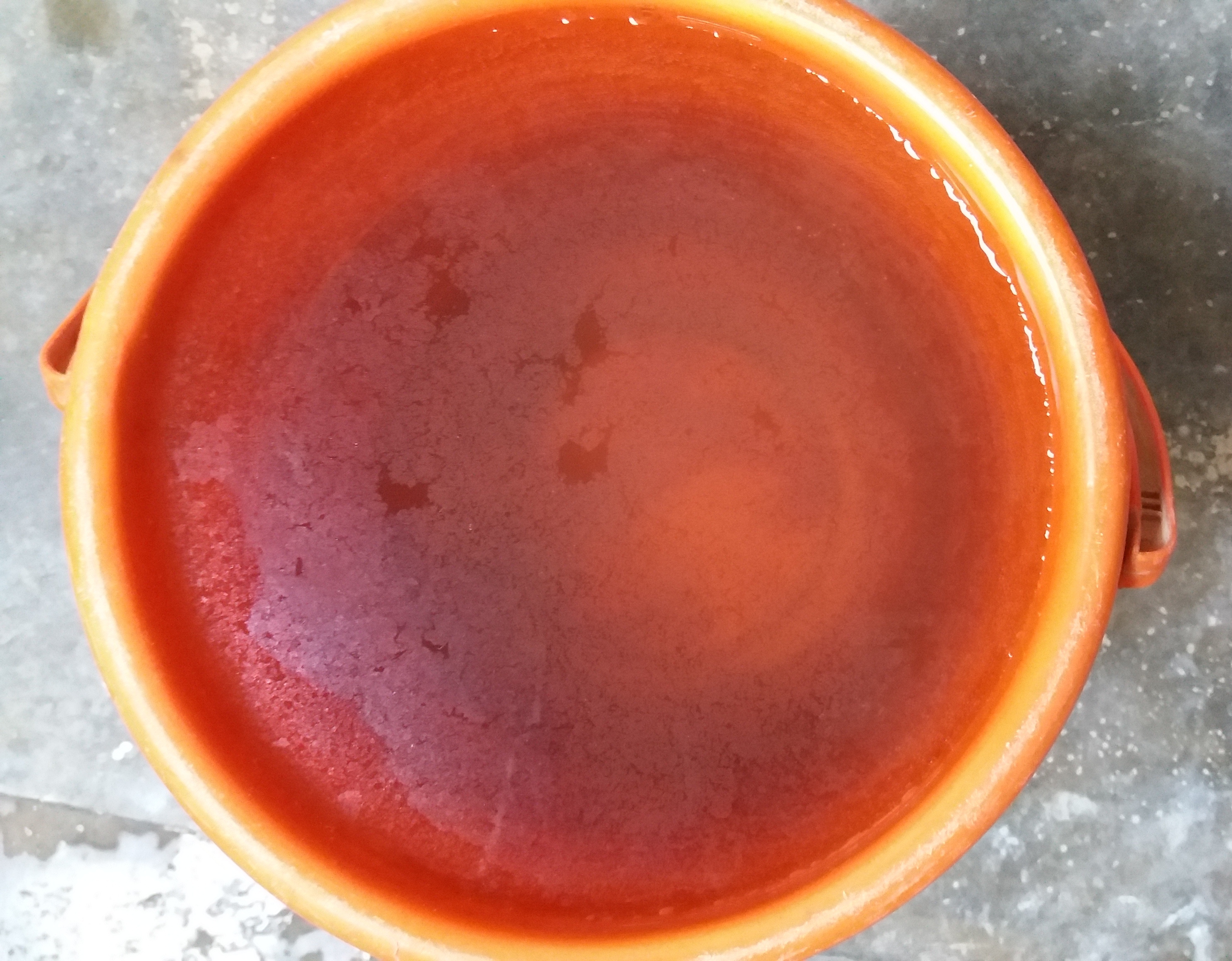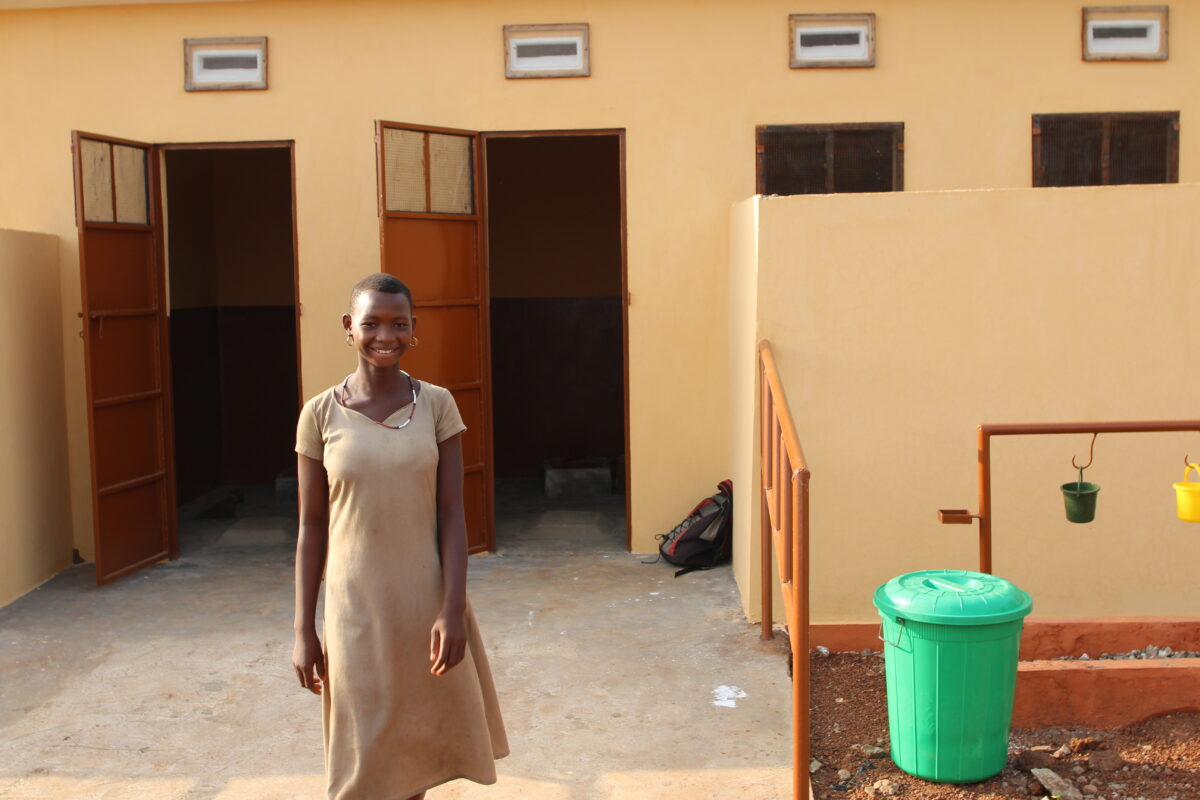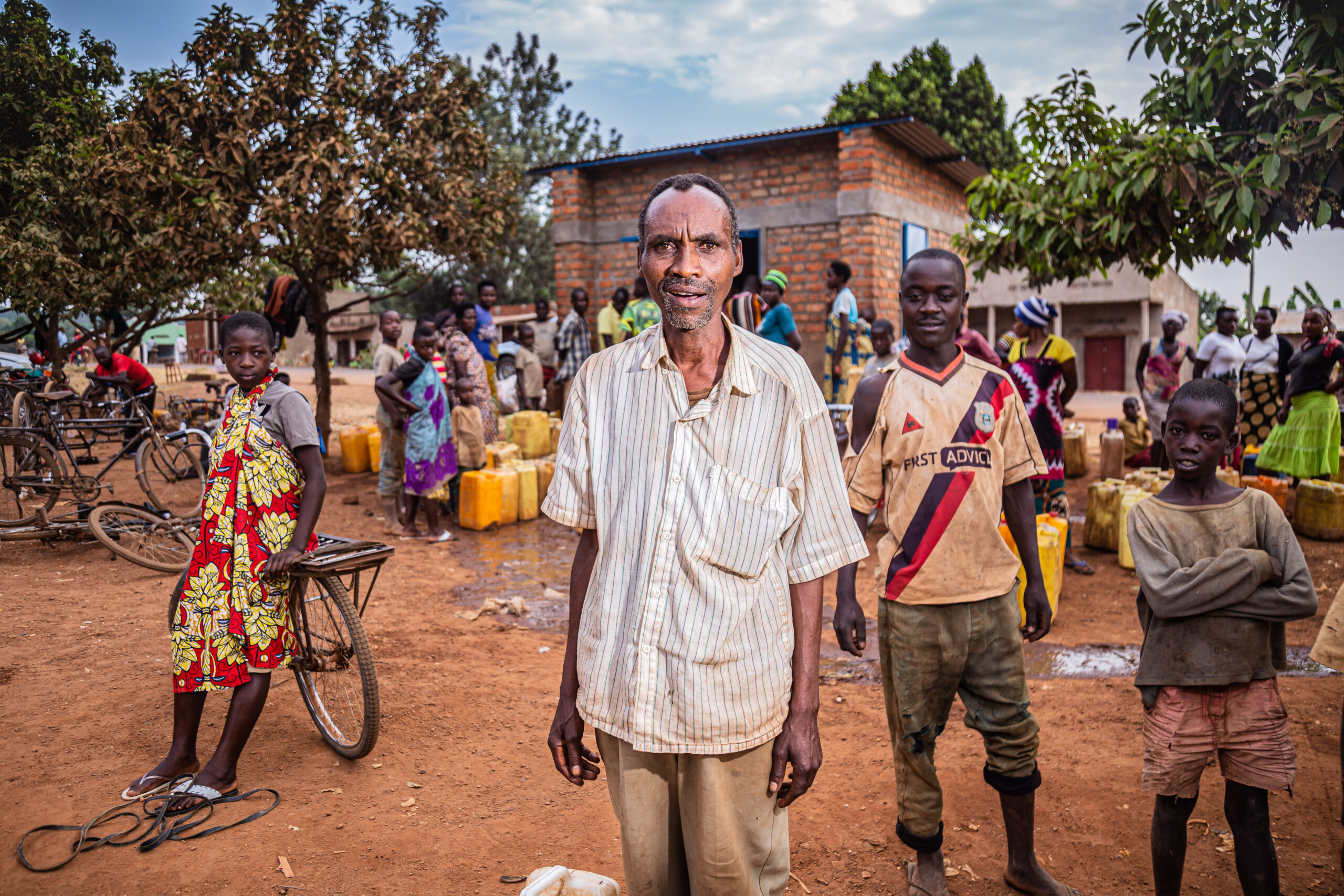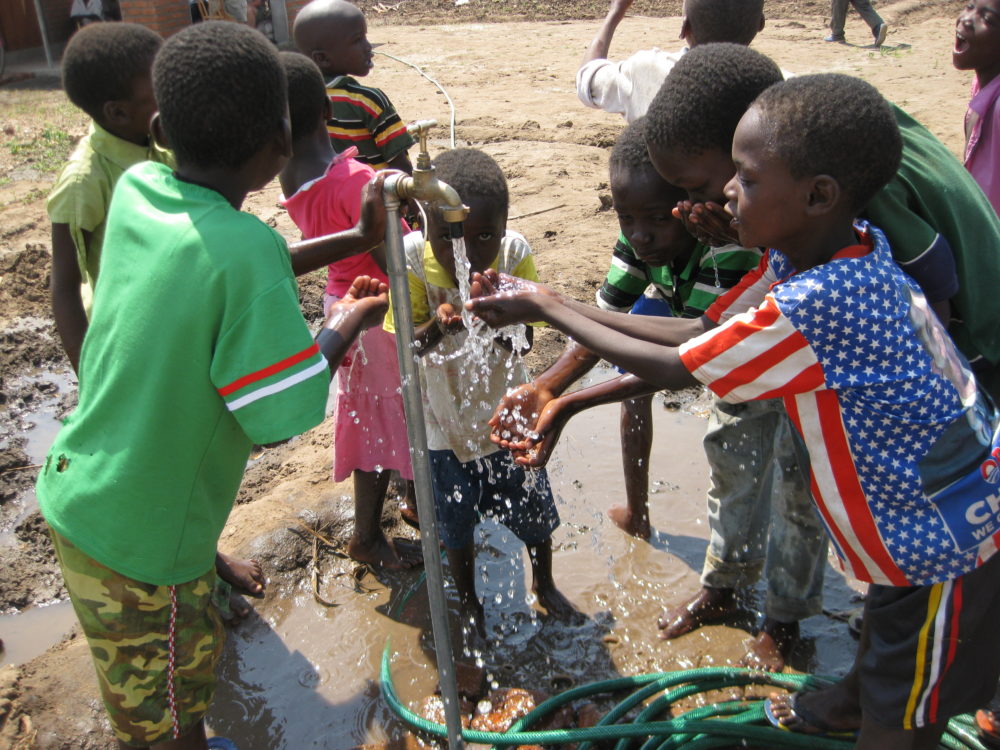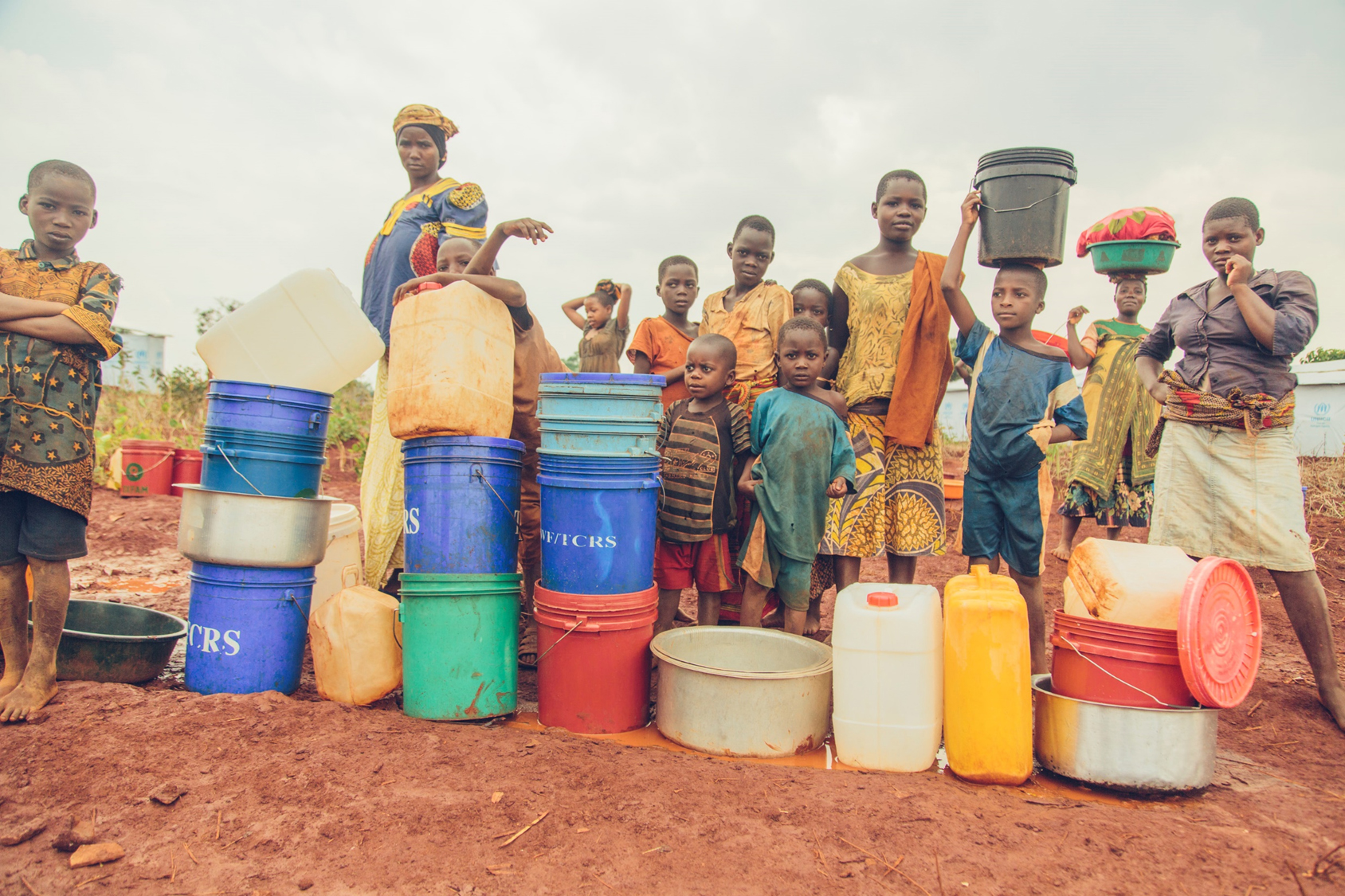“Kenya 23 – next level” is a revisit and expansion of the “Kenya 23” project (2014), which again was a revisit and repair project reaching out to communities that had received a water system as a gift from Grundfos in 2005. In Kenya, the Foundation’s strategic partner, Water Mission, works directly with communities and local government to ensure technical, social and financial sustainability in each water project.
Important lessons from the past shape our work
In 2005, Grundfos celebrated its 60th anniversary. A sum was donated to Unicef at the occasion and with this money the NGO built 23 water systems in rural communities across Kenya.
- In 2014, the Foundation learned that many of the water systems had failed and we therefore asked Water Mission Kenya to revisit each system in order to assess and repair the systems and work with the communities to build technical, social and financial resilience.
- In 2017, we had a new report made to assess the situation. The report was positive but also pointed out a few problems that needed to be addressed.
Another important lesson from Kenya is to not spread yourself out too thinly across a country. New projects will therefore be established in neighbouring communities to existing projects in order to build knowledge, awareness and make service more easily available in each area.
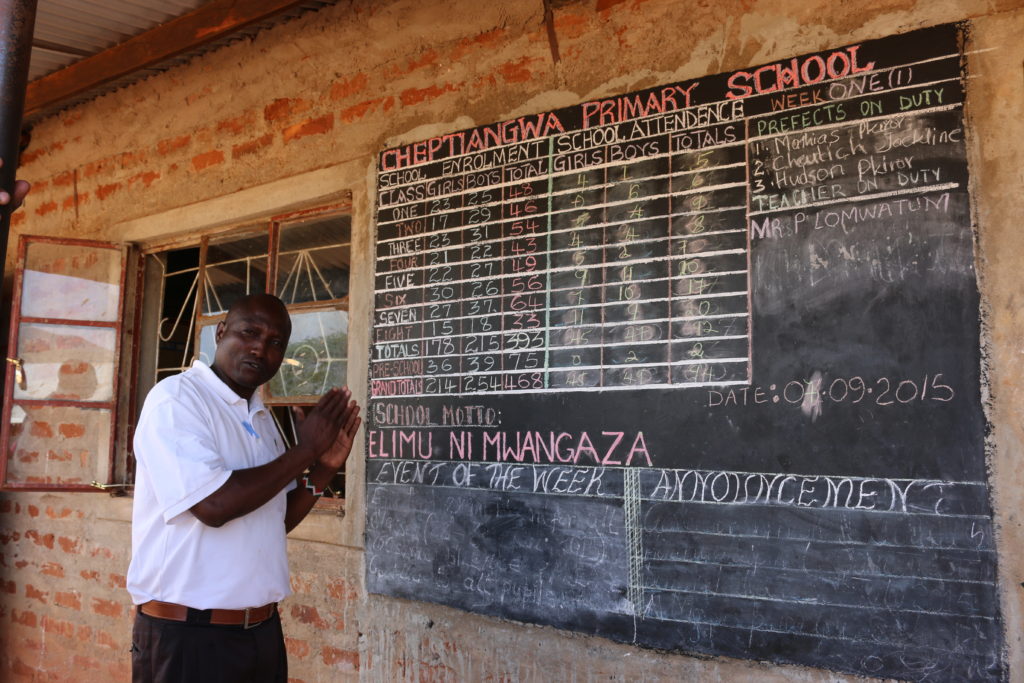
Headcount: More children attend school in Cheptiangwa as they no longer have to walk far to fetch water since the community water system is in place
Kenya 23 – Next level
- The 23 original water systems will be quality assessed, repaired and expanded where possible.
- 8 of the original projects will have their distribution systems improved with expanded access and new tap stands.
- 16 new communities will get a water system.
- All of the original 23 systems will add monitoring of water usage and level sensors in the boreholes to document environmental sustainability. Critics of groundwater pumping often say that it lowers the groundwater level, but we wish to collect data in order to document whether or not this is true.
The data is transmitted via satellite communication and then stored on Water Mission’s cloud based remote monitoring system. The data from the monitoring programme will be used to build better designed systems for new communities in the future. The data will also be used to assess baseline management skills, community well-being, and WASH behaviours.




